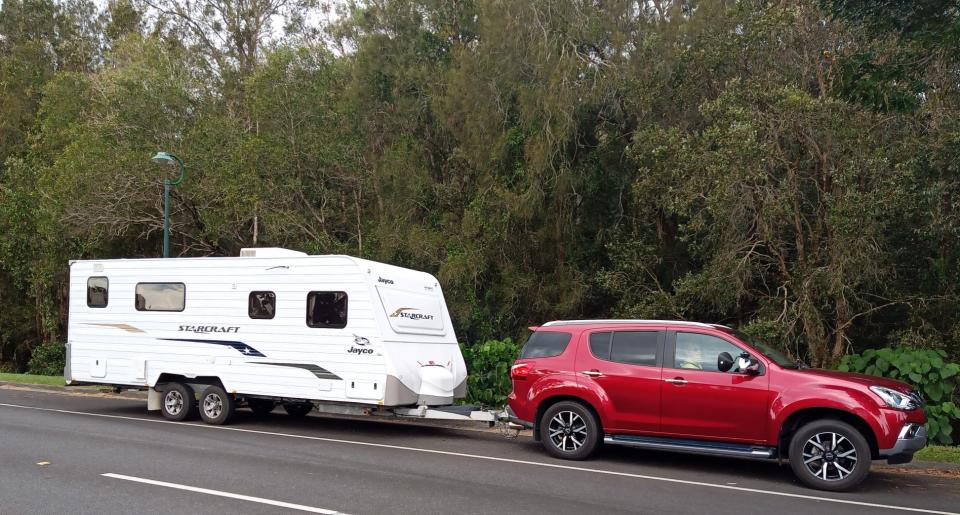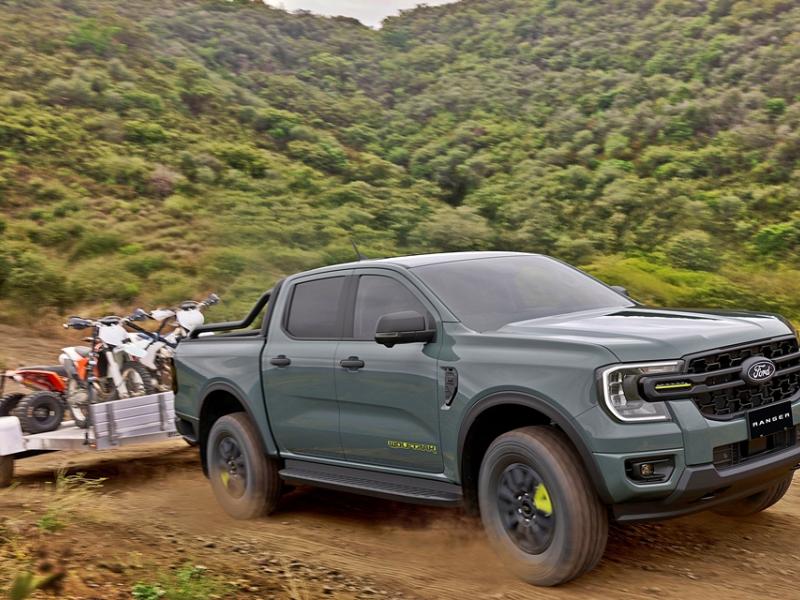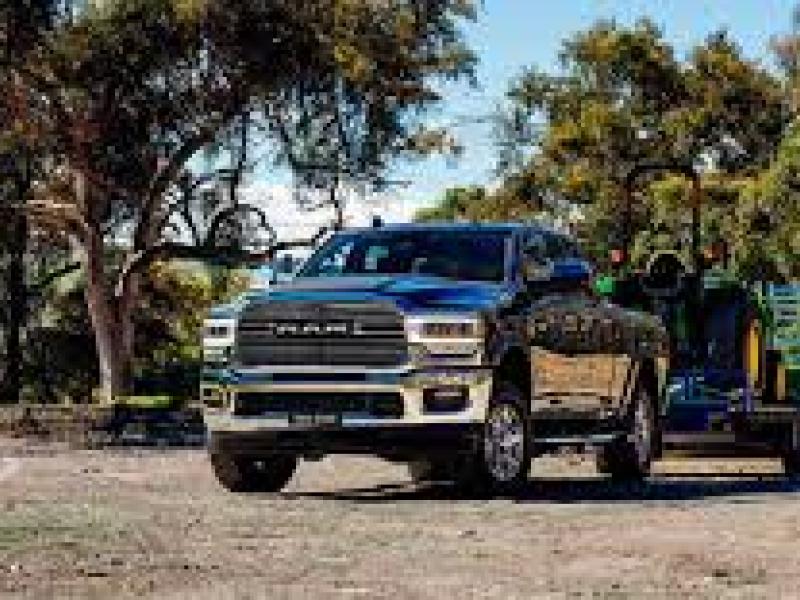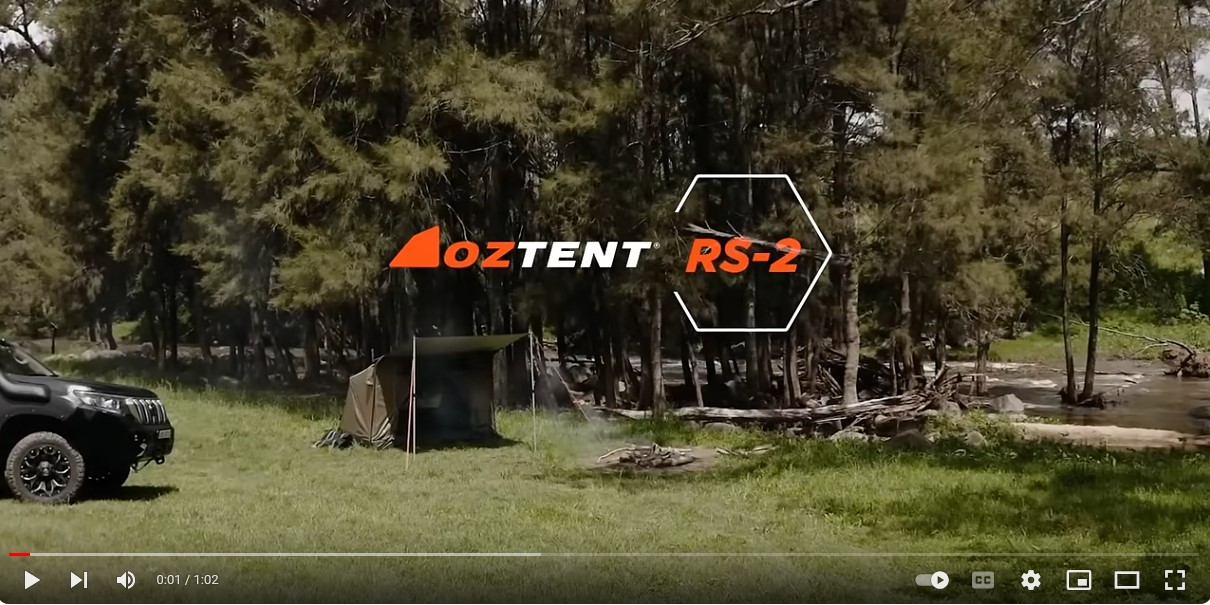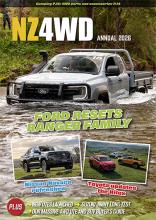The number of caravan and camper trailers on local roads rose sharply during the COVID pandemic, as international travel restrictions saw holiday options narrow. While things have now normalised, caravan sales have remained strong ever since.
More caravans on the roads mean that many have first time owners, with little or no towing experience, especially towing larger caravans. It’s no surprise then that there’s a correlation between increased ownership rates and a rise in accidents involving caravans in recent years.
Despite the large size of many modern caravans, no additional training or licensing is needed for owners before they hitch up and hit the road. While caravan towing courses are available, most owners instead learn as they go.
Although some approaches to safe towing come down to common sense such as allowing for longer stopping distances, being aware of a caravan’s large dimensions and how this may affect steer angles, overhead branches and street signs, other aspects of towing are trickier.
'Fishtailing', or ‘trailer sway’ is a prime example. Trailer sway occurs when the caravan or trailer begins to move from side to side or ‘fish tail’ on its own; it can become uncontrollable and even cause the caravan and tow vehicle to flip in a worst-case scenario.
Trailer sway can be triggered by several things including poorly distributed loads on the trailer or inside the caravan, incorrect tyre pressures, sudden change in direction and excessive speed. External factors such as blustery winds can also set it off.
Drivers can reduce trailer sway by slowing down, correctly maintaining their caravan or trailer – including having the correct/uniform tyre pressure according to manufacturer recommendations – and distributing weight correctly.
When it comes to weight distribution, best practice is to have 60 per cent of the weight forward of the caravan's axle and avoid anything heavy at the rear of the caravan, because weight at the back can cause a pendulum effect.
Having a quality brake controller on your tow vehicle such as Bendix’s Ultimate Tow or Ultimate Tow Portable brake controllers, provides a fall back should the driver have taken the necessary precautions but still encounters trailer sway.
On New Zealand roads, all trailers with a gross trailer mass over 2,000kg need to be fitted with either an indirect mechanical or electrical braking system as a minimum. And anything over 2,500kg requires a direct electric, or electric over hydraulic brake and an electric break-away function.
If sway is noticed, at the press of a button, the driver can activate the trailer’s brakes independently of the tow vehicle’s, bringing the trailer or caravan back into line and under control. The brake controller can also detect if the trailer or caravan becomes unhitched from the tow vehicle and automatically apply the caravan brakes to minimise the chance of a serious accident.
For a modest outlay, investment in a brake controller provides those who tow trailers, caravans, boats and the like with a simple and cost-effective way of meeting legal requirements, while also giving them peace of mind in knowing they’ll be better able to control trailer sway if it arises. Of course, a brake controller will also greatly assist during general towing and reduce braking strain on the tow vehicle.


